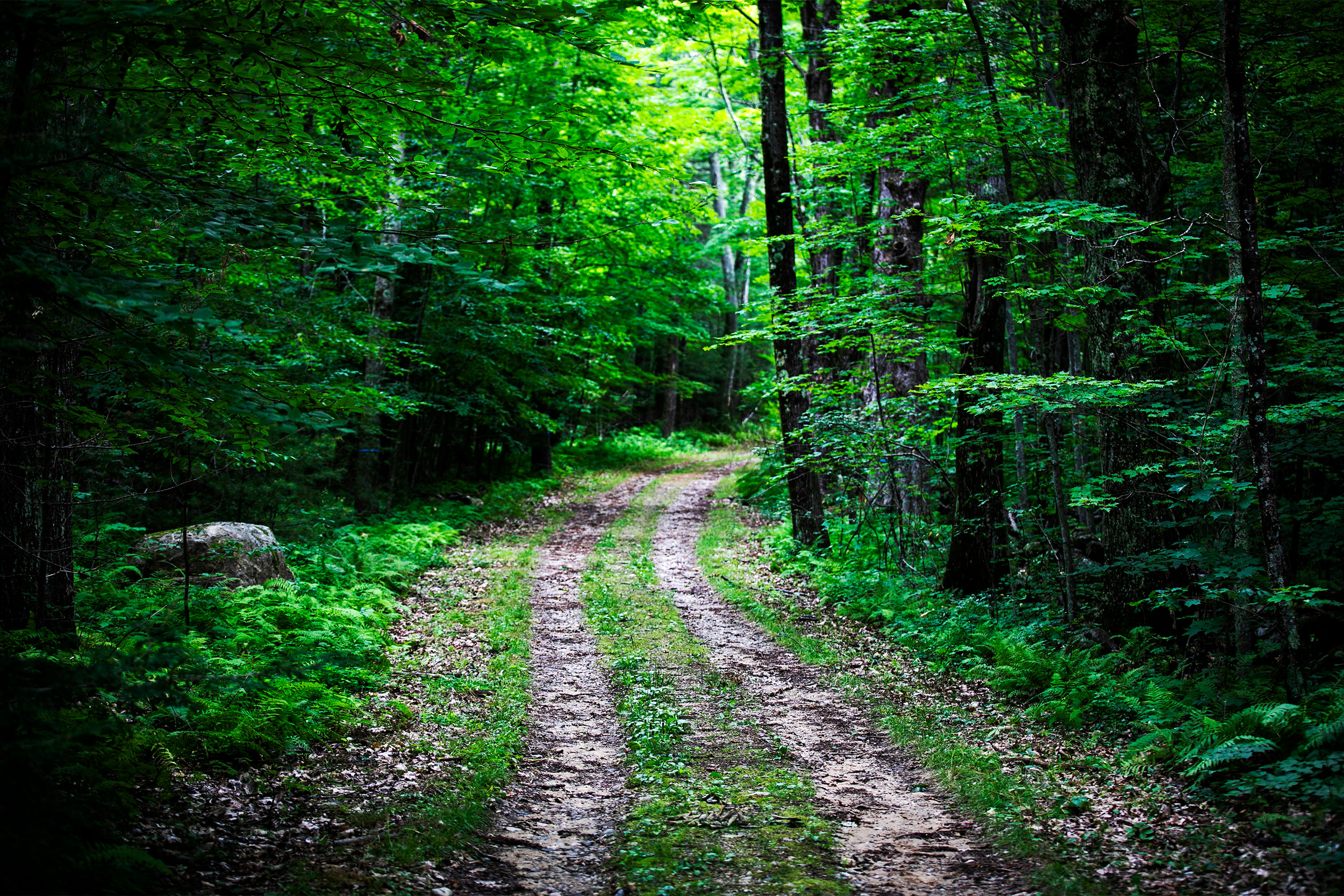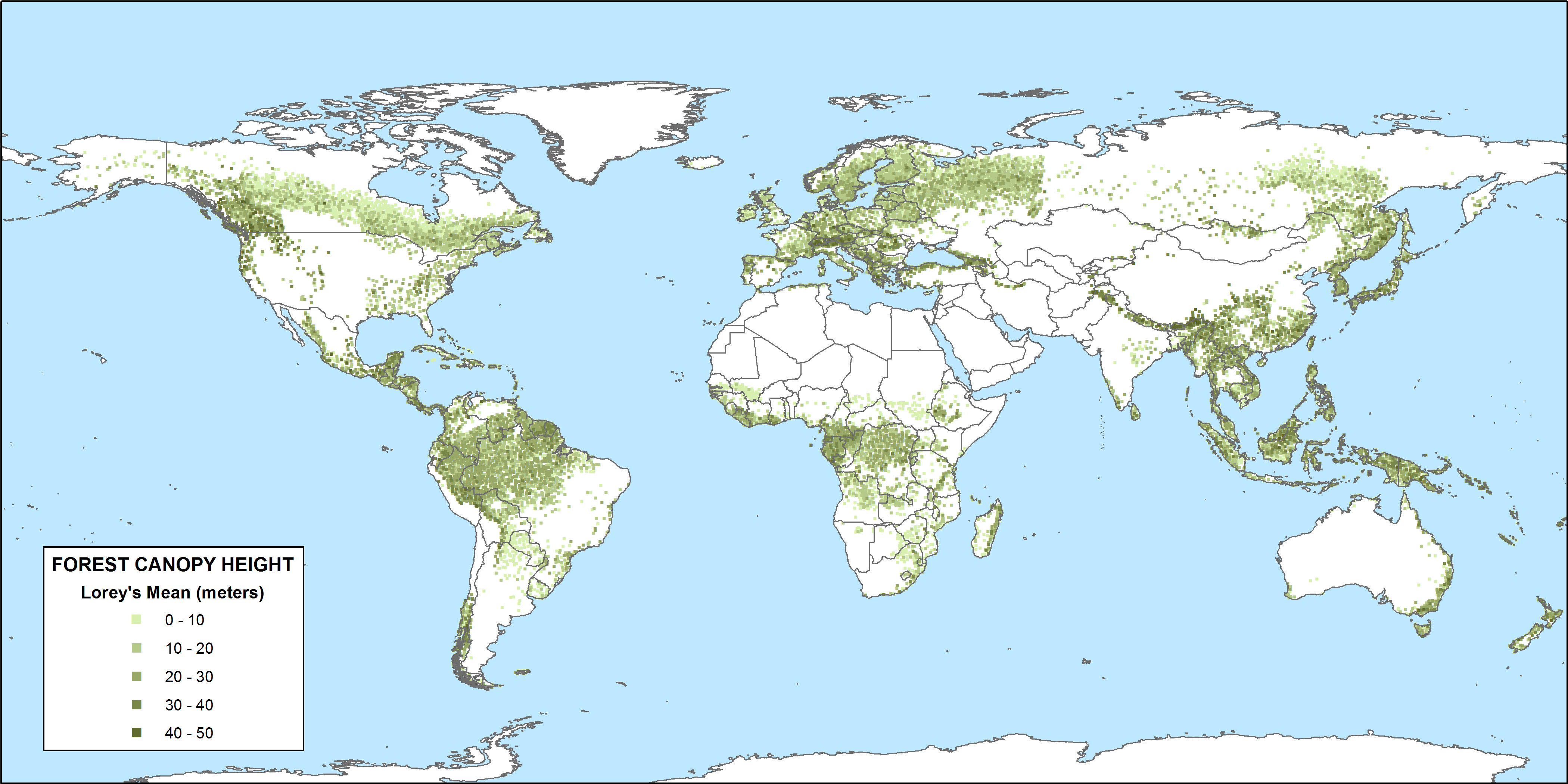
Harvard Forest Climate Change: Insights from Researchers
Harvard Forest, a renowned site for climate change research, stands as a testament to the profound impact of climate change on our natural ecosystems. This expansive 4,000-acre forest in Petersham, Massachusetts, has become a critical laboratory for scientists studying forest ecosystem changes over decades. With ongoing Harvard Forest studies, researchers like David Orwig and Emery Boose are continuously observing the dramatic shifts in species and climate conditions, revealing the stark realities of a warming world. The impact of climate change is not merely theoretical here; it is felt in the everyday changes across the landscape, from the decline of hemlocks to the flourishing presence of black birches. As the forest evolves, so too does the urgent need for environmental science studies that can guide us in understanding and mitigating these transformations.
The Harvard Forest serves as a pivotal research ground where scientists investigate the effects of global warming on woodland environments. This expansive ecological zone is essential for understanding the shifts occurring within the forest biome due to rising temperatures and altered precipitation patterns. Through ongoing investigations into habitat alterations and species resilience, experts are uncovering the intricate connections between climate dynamics and forest health. As seasons change more drastically, researchers are compelled to document these transformations to better inform conservation strategies. The collective effort at Harvard Forest underscores the significance of interdisciplinary studies in grasping the complexities of climate influence on our planet’s green spaces.
The Importance of Harvard Forest in Understanding Climate Change
Harvard Forest stands as a vital research hub for climate change studies, offering a unique lens through which researchers can observe the unfolding impacts of global warming on forest ecosystems. The data collected at this 4,000-acre site in Massachusetts, such as historical records of temperature and precipitation dating back to the 1830s, presents an invaluable resource for understanding long-term climate trends and their effects on biodiversity. Researchers like Emery Boose emphasize that these historical insights reveal significant shifts toward a warmer and wetter climate in the region, reflecting broader patterns noted in climate change research worldwide.
Incorporating the latest findings from environmental science studies, Harvard Forest has become a laboratory for examining the interactions between climate change and forest dynamics. For instance, the introduction of invasive species, such as the woolly adelgid, has been exacerbated by changing winter temperatures, illustrating the complex relationships within forest ecosystems. These ongoing observations at Harvard Forest not only contribute to a deeper understanding of how specific species are affected but also highlight the urgency of addressing climate challenges, making this research critical for both ecological preservation and urban planning.
How Climate Change is Altering Forest Ecosystems
The impacts of climate change on forest ecosystems are evident in the ongoing transitions observed at Harvard Forest. As warmer winters become the norm, species composition is shifting, with hemlocks giving way to more adaptive species like black birches. This transformation reflects the intricate ways that ecosystems respond to climatic pressures, altering nutrient cycles and the structural dynamics of the forest. Invasive pests, thriving in milder winters, further complicate these changes by challenging the resilience of native species and altering the food web within these natural systems.
Moreover, Harvard Forest serves as a case study for the wider implications of climate change on global forest ecosystems. As researchers document how these shifts impact forest health and carbon storage capacity, it becomes clear that the consequences are not confined to local areas. The adaptation processes observed at Harvard Forest provide critical insights for climate change research on a global scale, emphasizing the need for comprehensive strategies in forest management and conservation efforts.
Field Studies and Experiments at Harvard Forest
At Harvard Forest, an extensive array of over 100 research projects illustrates the diverse approaches scientists take to study climate change and its effects. These projects range from short-term studies analyzing the immediate impacts of environmental changes to long-term experiments that probe deeper into climatic influences over time. Researchers are not only interested in monitoring singular events but also in understanding the cumulative impacts of climate variability on ecosystem health. For example, soil heating experiments aim to analyze how microbial communities adapt to a warming environment, shedding light on the underlying biological processes driving forest changes.
Additionally, the integration of cutting-edge technology, such as gas exchange measurement towers, enhances data collection and analysis. By examining the fluctuations of carbon dioxide and other gases in the forest atmosphere, researchers at Harvard Forest can discern how these dynamics are changing with the shifting climate. This research is crucial, contributing to a broader understanding of climate change and enabling better predictions and preparations for future ecological shifts.
Personal Experiences of Climate Change Observed by Researchers
The researchers at Harvard Forest often recount their personal experiences with the changes in the landscape, illuminating the emotional dimensions of their scientific work. Empirical observations, such as the delayed arrival of winter frosts or the rapid decline of hemlock trees, emphasize the reality of climate change on their lives. David Orwig, a senior ecologist, reflects on how his decades of experience in the forest have led him to witness firsthand the remarkable yet alarming changes in ecosystem dynamics. Such anecdotes resonate with the broader narrative of climate change’s impact on individuals and communities tied to their local environments.
These personal narratives are pivotal in conveying the urgency of climate action. Clarisse Hart, Director of Outreach & Education, articulates the collective sentiment among staff members who cherish their connection to the land, fostering a deep emotional investment in preserving its ecological integrity. Through these stories, researchers aim to advocate for proactive measures against climate change, emphasizing that it is not merely a future concern but a pressing reality affecting both the environment and the lives directly tied to it.
Understanding the Resilience of Forest Ecosystems
Despite the evident shifts in species and ecosystem dynamics, Harvard Forest remains a testament to the resilience of forest ecosystems. The emergence of species such as black birch in place of declining hemlocks exemplifies nature’s ability to adapt to changing conditions. This resilience is crucial for maintaining biodiversity and the overall health of the forest, which will continue to face challenges as climate change accelerates. Researchers like Jonathan Thompson highlight the capacity of these systems to rebound, even in the context of invasive species pressures and altered climatic conditions.
However, understanding resilience also involves recognizing the limitations and outputs of these ecosystems. For instance, while black birches may be effective in stabilizing certain forest attributes, they may alter soil chemistry, nutrient availability, and water use patterns compared to hemlocks. This illustrates the complexity inherent in ecological dynamics, emphasizing the importance of meticulous research in determining how best to support forest health amid ongoing climate change.
The Role of Historical Data in Climate Change Research
The climatic data amassed at Harvard Forest serves as a crucial foundation for climate change research, enabling scientists to draw meaningful insights from historical weather patterns. This extensive dataset, spanning over many decades, provides a contextual backdrop against which current changes can be measured. Researchers underscore the importance of long-term observations in discerning trends that might otherwise be masked by short-term variations in weather. Utilizing this historical context not only informs climate models but also guides forest management strategies that can adaptively respond to evolving conditions.
Moreover, historical data supports a broader understanding of ecological shifts within the landscape. By examining the correlations between past climate events and forest responses, researchers can identify critical thresholds that may inform future predictions. This comprehensive approach enhances the scientific community’s capacity to address the ongoing impacts of climate change with informed conservation efforts, ensuring that vital ecosystems like Harvard Forest are preserved for future generations.
Community Engagement in Climate Action
The dedication of the researchers at Harvard Forest transcends scientific inquiry, extending into substantial community engagement efforts aimed at addressing climate change. Through educational outreach initiatives, local communities are informed about the changes taking place in their environment and the urgent need for conservation practices. This collaborative approach empowers community members to become stewards of the landscape, fostering a shared responsibility in mitigating the impacts of climate change.
The stories and findings shared by the Harvard Forest team resonate deeply with local residents, inspiring action at the grassroots level. By facilitating workshops, field trips, and collaborative projects, researchers bridge the gap between academia and the community, creating a collective response to climate-related challenges. This commitment to engagement amplifies the impact of their research, fostering an informed public capable of advocating for effective climate policies and sustainable practices.
The Future of Forests in a Warming World
Looking ahead, the future of forests like Harvard Forest in a warming world remains uncertain. As climate models predict continued warming and increasing weather extremes, the implications for forest ecosystems grow increasingly complex. Researchers face the challenge of forecasting potential changes in species distribution, forest composition, and overall ecosystem functionality. The evidence gathered from ongoing studies will be pivotal in shaping adaptive management practices that can thrive amidst these uncertainties.
Furthermore, lessons learned from the changing dynamics at Harvard Forest can inform conservation strategies globally. As scientists work to preserve biodiversity and ecosystem services in the face of climate change, the experiences and data from this unique landscape will contribute to developing more resilient forest management frameworks. Ensuring that future generations inherit healthy forests will require continuous research, adaptive strategies, and community involvement, highlighting the importance of Harvard Forest as a model for future conservation efforts.
Legacy of Climate Change on Future Generations
The impacts of climate change not only shape the present but will profoundly affect future generations. Researchers at Harvard Forest express concern that the legacy of warming climates may alter the experiences of young people, who may not have the same opportunities to connect with and appreciate a rich biodiversity that previous generations took for granted. This ‘shifting baseline’ phenomenon poses significant challenges for conservationists, emphasizing the need to foster awareness and advocacy among younger populations.
Through educational programs and active community engagement, Harvard Forest aims to instill a sense of environmental stewardship in the next generation. Understanding the ongoing and future implications of climate change will be pivotal for young people as they inherit the responsibility of caring for the planet. Continued efforts to share knowledge and inspire passion for conservation are essential to ensuring that future generations recognize the value of natural ecosystems and become proactive in protecting them.
Frequently Asked Questions
What is the impact of climate change on Harvard Forest’s ecosystem?
The impact of climate change on Harvard Forest’s ecosystem is profound, leading to significant changes such as warmer winters, longer growing seasons, and shifts in species composition. Researchers have documented an increase in black birch trees replacing dying hemlocks, demonstrating how climate change research at Harvard Forest illustrates the ecosystem’s adaptation to new conditions.
How does Harvard Forest contribute to climate change research?
Harvard Forest serves as a critical site for climate change research thanks to its extensive, long-term data on temperature and precipitation patterns. This data enables scientists to identify long-term trends towards a warmer and wetter climate, which helps understand the effects of climate change on various forest ecosystem changes.
What kind of studies are conducted at Harvard Forest regarding climate change?
Harvard Forest is home to around 100 ongoing research projects that explore the effects of climate change on the forest’s flora and fauna. Studies include monitoring the effects of invasive species, like the woolly adelgid, and experiments that simulate warmer conditions to understand potential impacts on microbial and ant communities.
How do recent findings about climate change affect Harvard Forest’s ecology?
Recent findings indicate that climate change is reshaping the ecology of Harvard Forest, with evidence of milder winters leading to decreased snowpack and altered forest dynamics. These changes affect not only the biodiversity within the forest but also the soil chemistry and water dynamics essential for maintaining the health of the ecosystem.
What role does public engagement play in Harvard Forest’s climate change initiatives?
Public engagement at Harvard Forest is crucial for fostering awareness and understanding of climate change impacts. Through outreach programs and educational initiatives, researchers like Clarisse Hart share findings from climate change studies with the community, highlighting the importance of collective action in addressing environmental issues.
Why are hemlocks declining in Harvard Forest due to climate change?
Hemlocks in Harvard Forest are declining largely due to the proliferation of the invasive woolly adelgid, an aphidlike insect that thrives in warmer conditions. Climate change has contributed to milder winters that allow this pest to expand its range, leading to significant mortality in hemlock populations, as shown in Harvard Forest studies.
What can we learn about resilience from Harvard Forest’s response to climate change?
Harvard Forest exemplifies ecological resilience, demonstrating how forest ecosystems can adapt to climate change despite the loss of dominant species like hemlocks. Studies show that while species composition may shift, as seen with the increase of black birches, the forest can still recover and thrive under changing conditions.
How is the research at Harvard Forest relevant to broader environmental science studies?
Research at Harvard Forest is highly relevant to broader environmental science studies as it provides valuable insights into how climate change affects forest ecosystems. The extensive long-term datasets collected allow scientists to analyze patterns and forecast future changes, contributing to global understanding of environmental responses to climate change.
What are the implications of shifting baselines observed in Harvard Forest?
The concept of shifting baselines observed in Harvard Forest implies that each generation has a unique understanding of what a healthy forest ecosystem looks like. As climate change alters the forest, future generations may lack references to historical conditions, impacting conservation efforts and raising awareness about ecological changes.
How does Harvard Forest’s unique environment enhance climate change research?
Harvard Forest’s unique environment, including its diverse flora and extensive historical climate data, enhances climate change research by providing a natural laboratory. This allows scientists to study real-time ecological responses to climate variations, enriching our understanding of long-term ecological trends and climate impacts on forest systems.
| Key Point | Details |
|---|---|
| Research at Harvard Forest | Senior investigators Emery Boose and Clarisse Hart focus on climate change impacts observed in the 4,000-acre forest. |
| Impact of Climate Change | With warming winters, the forest’s ecosystem is becoming increasingly different, with changes in species distribution and forest structure. |
| Data Collection | Data on temperature and precipitation since the 1960s enables researchers to identify long-term climate trends. |
| Biodiversity Changes | Invasive species, like the woolly adelgid, are significantly affecting tree populations, especially hemlocks. |
| Ecosystem Resilience | Despite challenges, forests show resilience with a shift towards species like black birch. |
| Cultural Impact | Staff members express personal connections to the land and share stories of change, emphasizing the emotional aspect of climate change. |
Summary
Harvard Forest climate change research reveals significant alterations in the ecosystem due to warming trends and invasive species. As scientists like Emery Boose and Clarisse Hart observe these changes, they emphasize the forest’s emotional significance to the community. By collecting extensive climate data since the 1960s, researchers are witnessing not only biodiversity shifts but also the enduring resilience of the forest. Understanding these dynamics is crucial for future conservation efforts and will shape the experiences of generations to come.



